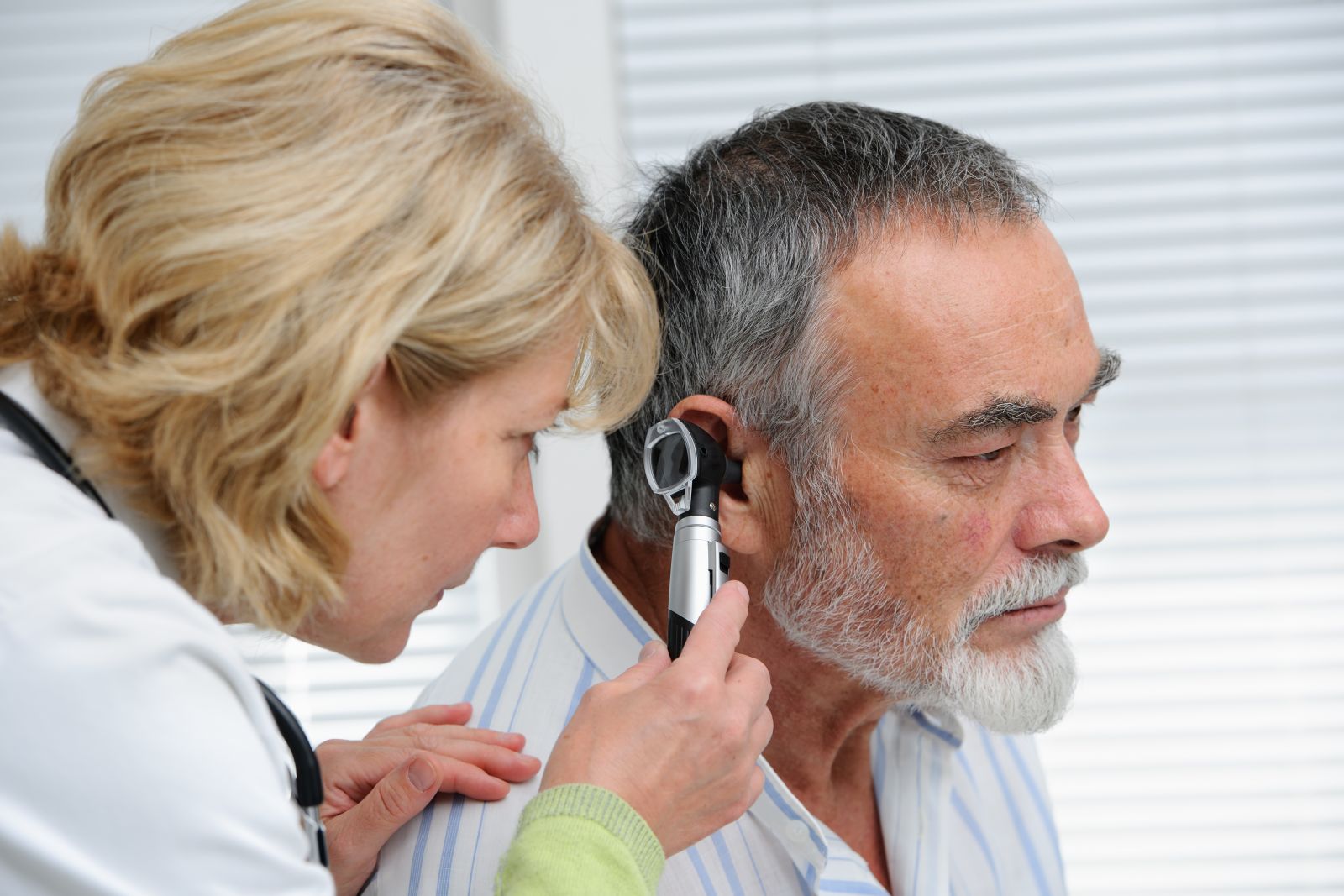
As we age, it’s common for our hearing abilities to change. Here are some typical expectations regarding hearing loss as you grow older:
- Gradual Hearing Loss: Age-related hearing loss, known as presbycusis, usually develops gradually over time. It often begins with difficulty hearing high-frequency sounds and consonants.
- Difficulty Hearing in Noisy Environments: Background noise can become increasingly challenging to filter out, making it harder to understand conversations in busy places.
- Reduced Ability to Hear High Frequencies: High-pitched sounds, such as children’s voices or birds singing, may become harder to hear clearly.
- Tinnitus: Many older adults experience ringing, buzzing, or other noises in their ears, known as tinnitus. This can be intermittent or constant.
- Impact on Speech Understanding: Declining hearing can affect speech perception, leading to misunderstandings or needing people to speak louder or clearer.
- Social and Emotional Impact: Hearing loss can contribute to feelings of isolation or frustration, as communication becomes more challenging.
- Increased Risk with Age: The likelihood of experiencing hearing loss increases with age, especially past 65 years old.
- Preventive Measures: Protecting your ears from loud noises throughout life can help preserve hearing ability as you age.
- Seeking Treatment: If you notice changes in your hearing, it’s essential to consult with an audiologist. They can assess your hearing and recommend interventions such as hearing aids if needed.
- Adjusting Communication Strategies: Using visual cues, such as lip-reading or gestures, can aid in understanding conversations, especially in noisy environments.
Even more concerning are the impacts of untreated hearing loss on difficulty walking, falls, and dementia. See this article from John Hopkins Medicine to learn more.
Understanding these aspects can help individuals and their families better navigate the changes in hearing that come with aging, promoting better communication and overall quality of life.
It is always a good idea to have a hearing test to better understand where you are, especially after the age of 65. By understanding your baseline, we can monitor the changes over time. Like anything, early adoption and intervention ensures more success with hearing aids long term.
Please contact us for your free, no obligation hearing test today.


